Karadžić motion turned down
The Hague Tribunal has rejected Radovan Karadžić’s petition for Judge Michele Picard to be excluded from his trial for genocide and war crimes.
Tuesday, 19.05.2009.
15:42

The Hague Tribunal has rejected Radovan Karadzic’s petition for Judge Michele Picard to be excluded from his trial for genocide and war crimes. Tribunal Vice-President O-Gon Kwon said that there was no basis for Karadzic’s claim that the French judge was not objective because she had been president of the House of Human Rights in Bosnia-Herzegovina from 1996 to 2003, and had given statements about events in Srebrenica in the summer of 1995. Karadzic motion turned down “Karadzic did not offer any evidence that would suggest that Judge Picard had a personal interest in this trial, nor did he show any links that would affect her impartiality,” Kwon said. He added that the House of Human Rights had not had the authority to deal with wartime events, and that Picard’s activities back then had not had anything to do with the events or time period covered by Karadzic’s indictment. “Accordingly, the House of Human Rights was not competent to establish whether Karadzic was guilty of the crimes listed in his indictment. Decisions by the House did not pertain to individual criminal responsibility, they only considered, in accordance with the Dayton Peace Accords, ‘the right of family members to be informed of the fate and location of loved ones that were missing,’” Kwon said. According to the Tribunal decision, there is no document from the House of Human Rights in which Picard mentioned or discussed Karadzic’s individual responsibility in these crimes. The trial chamber in the former Bosnian Serb leader’s case will be chaired by Judge Iain Bonomy, and will include Picard and German Cristoph Flugge. Karadzic is accused of war crimes and genocide during the war in Bosnia-Herzegovina.
Karadžić motion turned down
“Karadžić did not offer any evidence that would suggest that Judge Picard had a personal interest in this trial, nor did he show any links that would affect her impartiality,” Kwon said.He added that the House of Human Rights had not had the authority to deal with wartime events, and that Picard’s activities back then had not had anything to do with the events or time period covered by Karadžić’s indictment.
“Accordingly, the House of Human Rights was not competent to establish whether Karadžić was guilty of the crimes listed in his indictment. Decisions by the House did not pertain to individual criminal responsibility, they only considered, in accordance with the Dayton Peace Accords, ‘the right of family members to be informed of the fate and location of loved ones that were missing,’” Kwon said.
According to the Tribunal decision, there is no document from the House of Human Rights in which Picard mentioned or discussed Karadžić’s individual responsibility in these crimes.
The trial chamber in the former Bosnian Serb leader’s case will be chaired by Judge Iain Bonomy, and will include Picard and German Cristoph Flugge.
Karadžić is accused of war crimes and genocide during the war in Bosnia-Herzegovina.



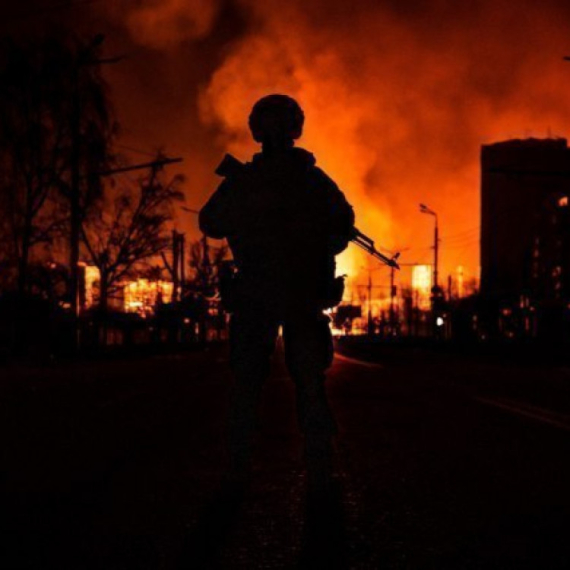
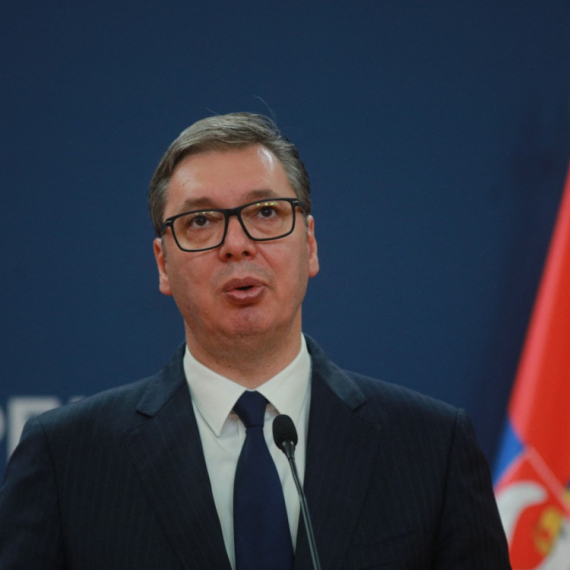

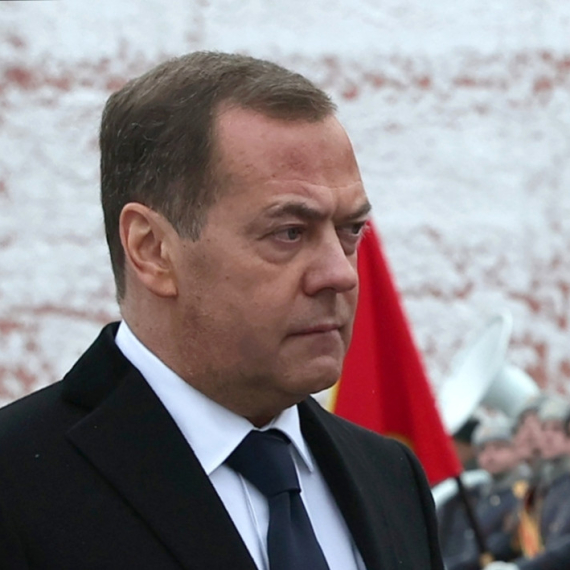



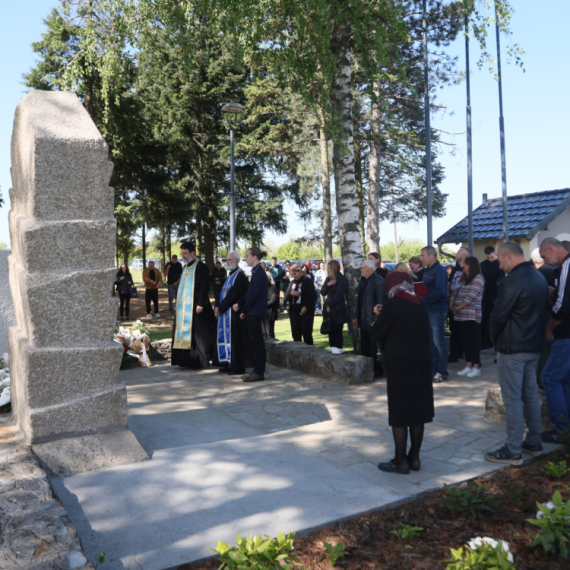

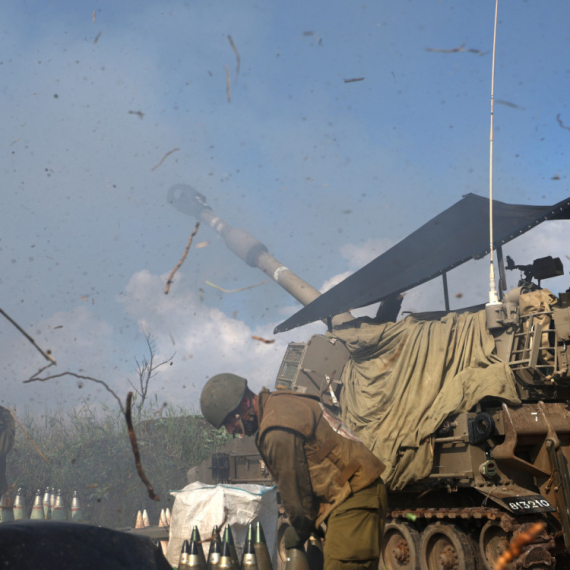


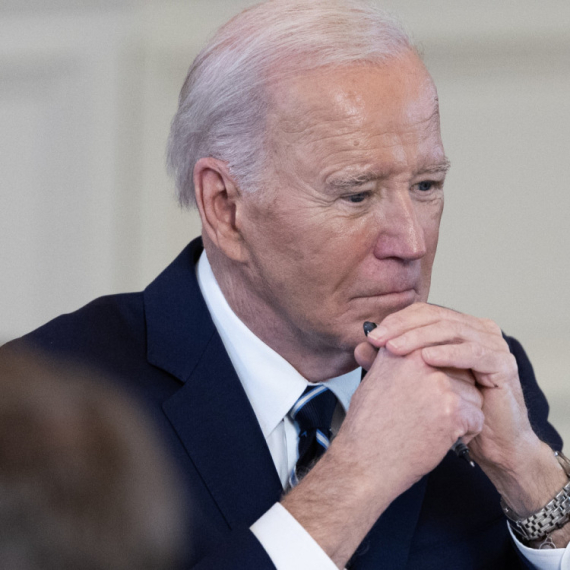

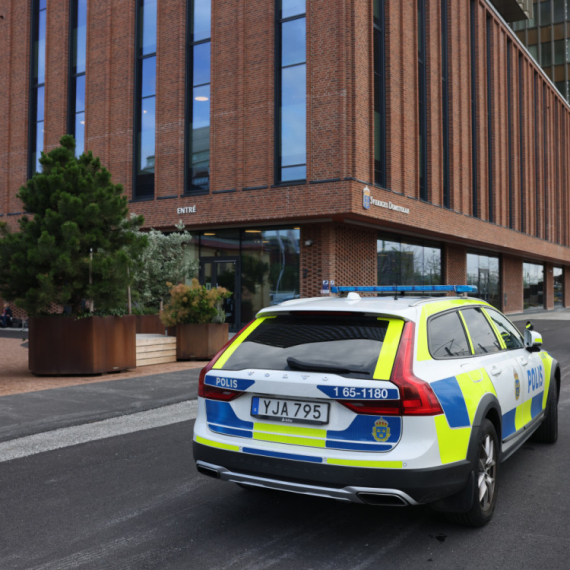
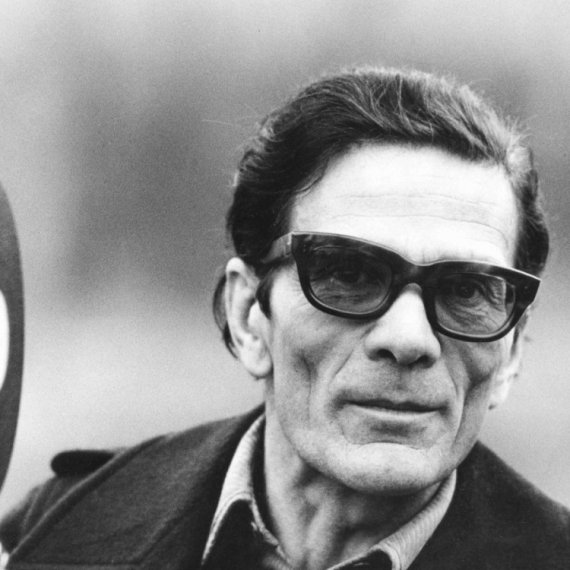










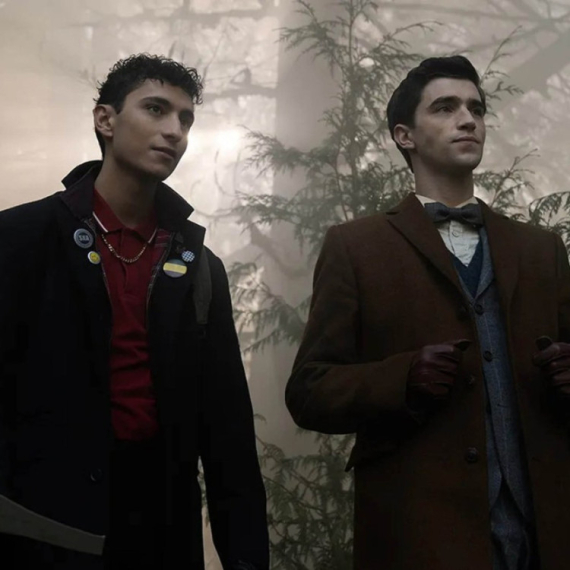












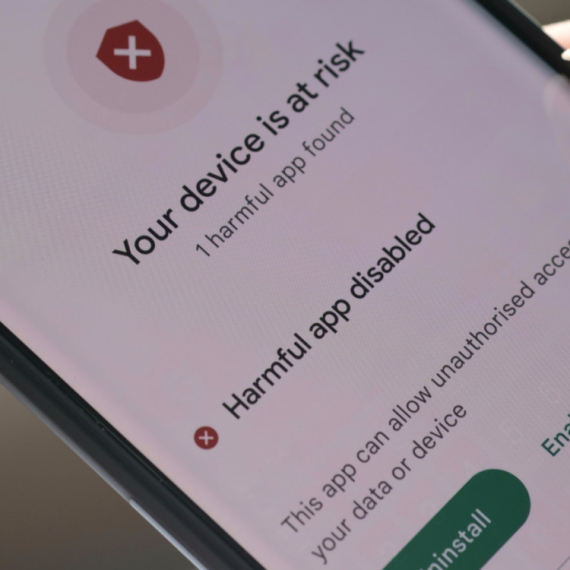







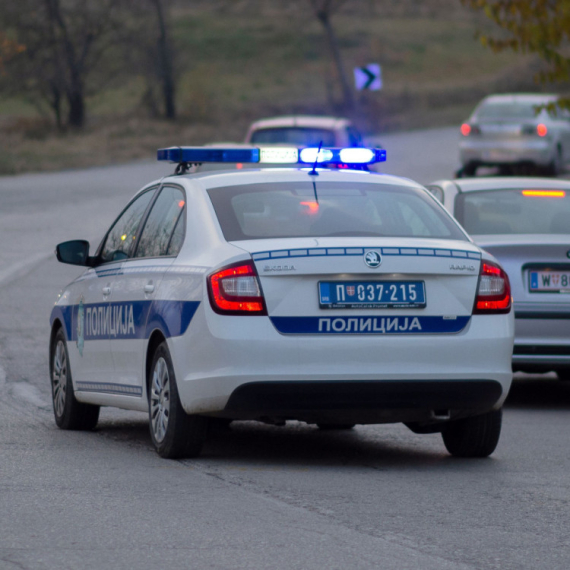

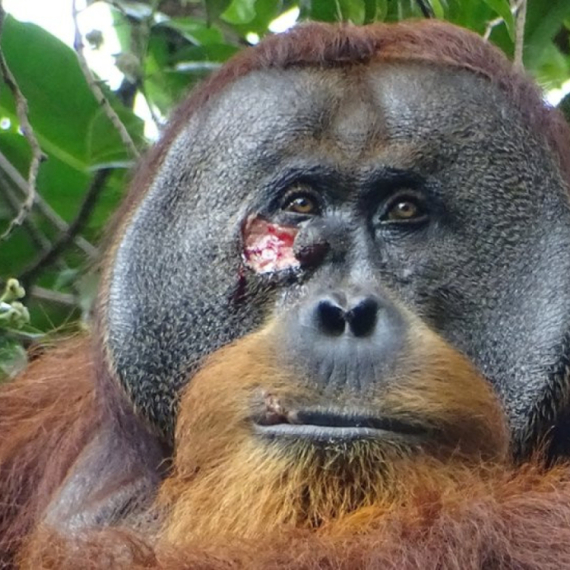
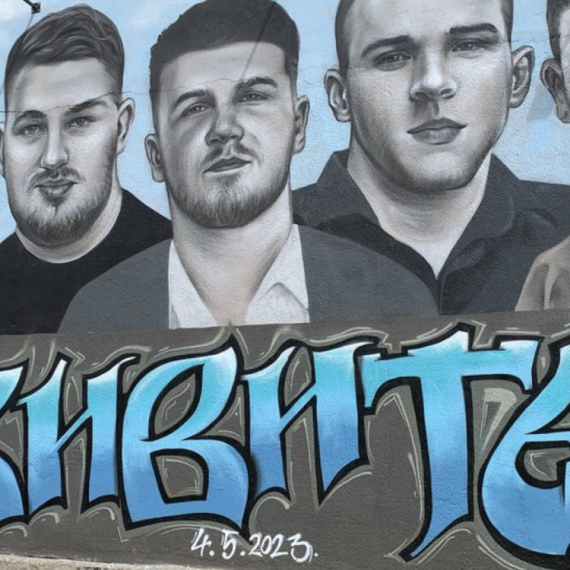

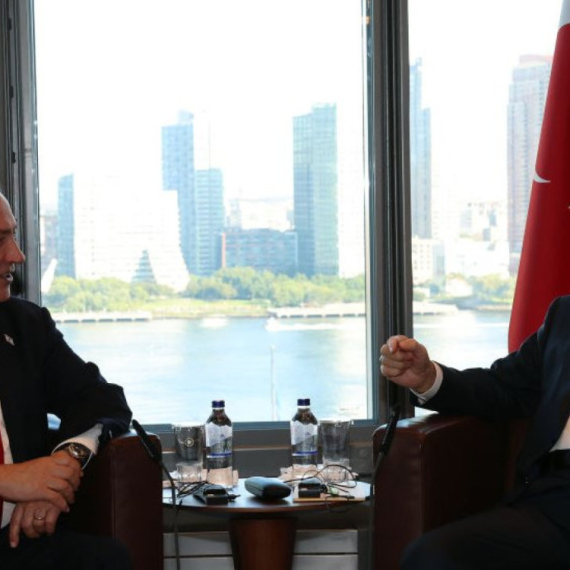


Komentari 0